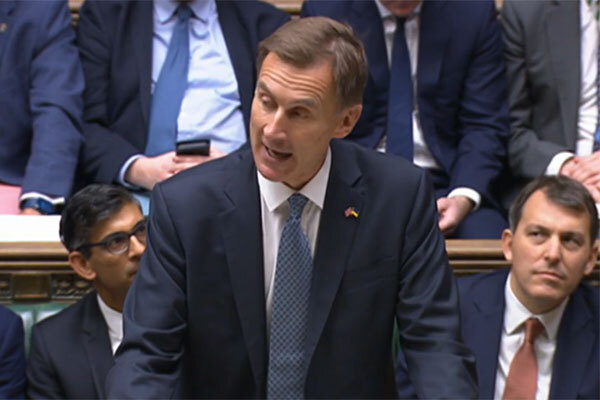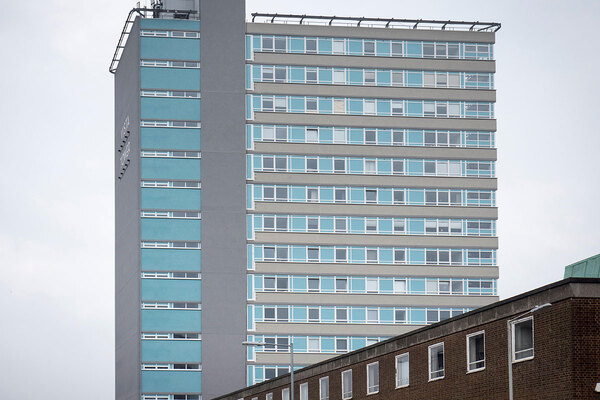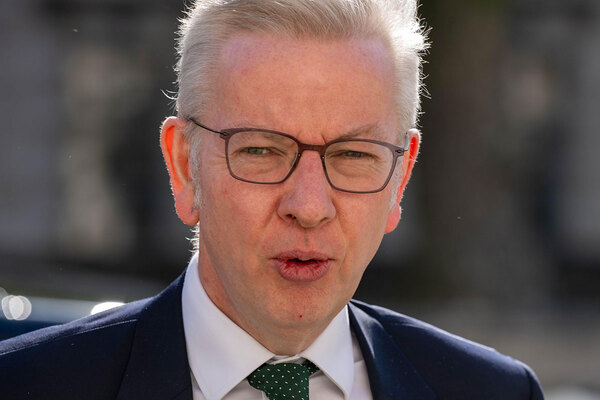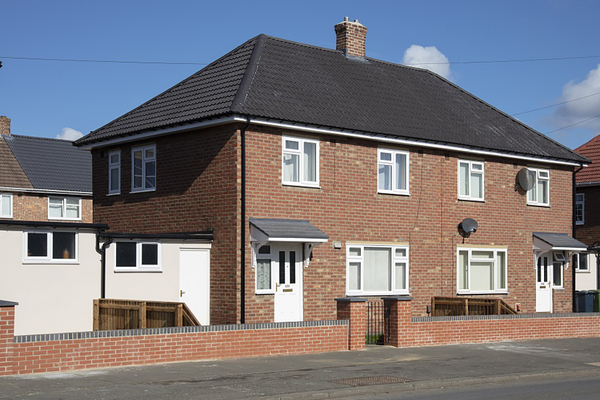You are viewing 1 of your 1 free articles
Return to inflation-linked social rent hikes necessary for landlord investment, CIH says
The Chartered Institute of Housing (CIH) has backed a government move that reverts to allowing an inflation-linked hike in social rents, meaning a maximum increase of 7.7% for tenants.
Social landlords will be able to increase rents from April by up to 7.7%, after official documents published late last week confirmed the decision.
The increase is based on the current rent settlement, which allows landlords to raise rents by the Consumer Price Index (CPI) plus 1%.
James Prestwich, director of policy and external affairs at the CIH, said: “CIH believe the imperative to invest in homes and services does necessitate an index-linked rent increase whilst also calling upon social landlords to seek to provide sufficient support to those tenants hardest hit by this increase and least able to afford it.”
The Social Housing Action Campaign (SHAC), a resident group, has accused the government of sneaking out the news in the hope of it going unnoticed as “sharply hiking rents for the poorest and most vulnerable tenants in Britain is not a good look in an election year”.
The settlement was paused in the current financial year after chancellor Jeremy Hunt intervened in November 2022 to set a cap of 7%. Without intervention, based on the CPI rate, it would have allowed for an 11.1% increase.
Rumours had circulated that Mr Hunt could have used his Autumn Statement six weeks ago to make a fresh intervention.
However, the government has instead reverted to the CPI+1% formula, which came into effect in 2020 and is due to end next financial year.
Mr Prestwich added: “As always, it is vital to balance affordability for people living in social housing and ensure social landlords have sufficient capacity to invest in existing homes and services.
“We know social landlords wrestle with finding this balance each year, and the current squeeze on personal incomes makes these decisions particularly difficult.”
The National Housing Federation (NHF) welcomed the “certainty” the latest announcement has brought.
Alistair Smyth, director of policy and research at the NHF, said: “This certainty is crucial to allow social landlords to maintain their existing homes and plan for the future.
“Housing associations understand that any increase in rents will be challenging for some residents and have dedicated support in place for anyone struggling with living costs, including hardship funds, financial advice and support, and help applying for benefits.”
The current Rent Standard was first agreed by the coalition government in 2013 and was due to run for 10 years from 2015-16.
However, in 2015 then-chancellor George Osborne announced that he would abandon the settlement in favour of 1% annual reductions for four years in a bid to cut the benefit bill.
In 2017, then-prime minister Theresa May announced that the CPI+1% formula would resume for five years from 2020.
Sign up for our legal and regulation newsletter
Already have an account? Click here to manage your newsletters











